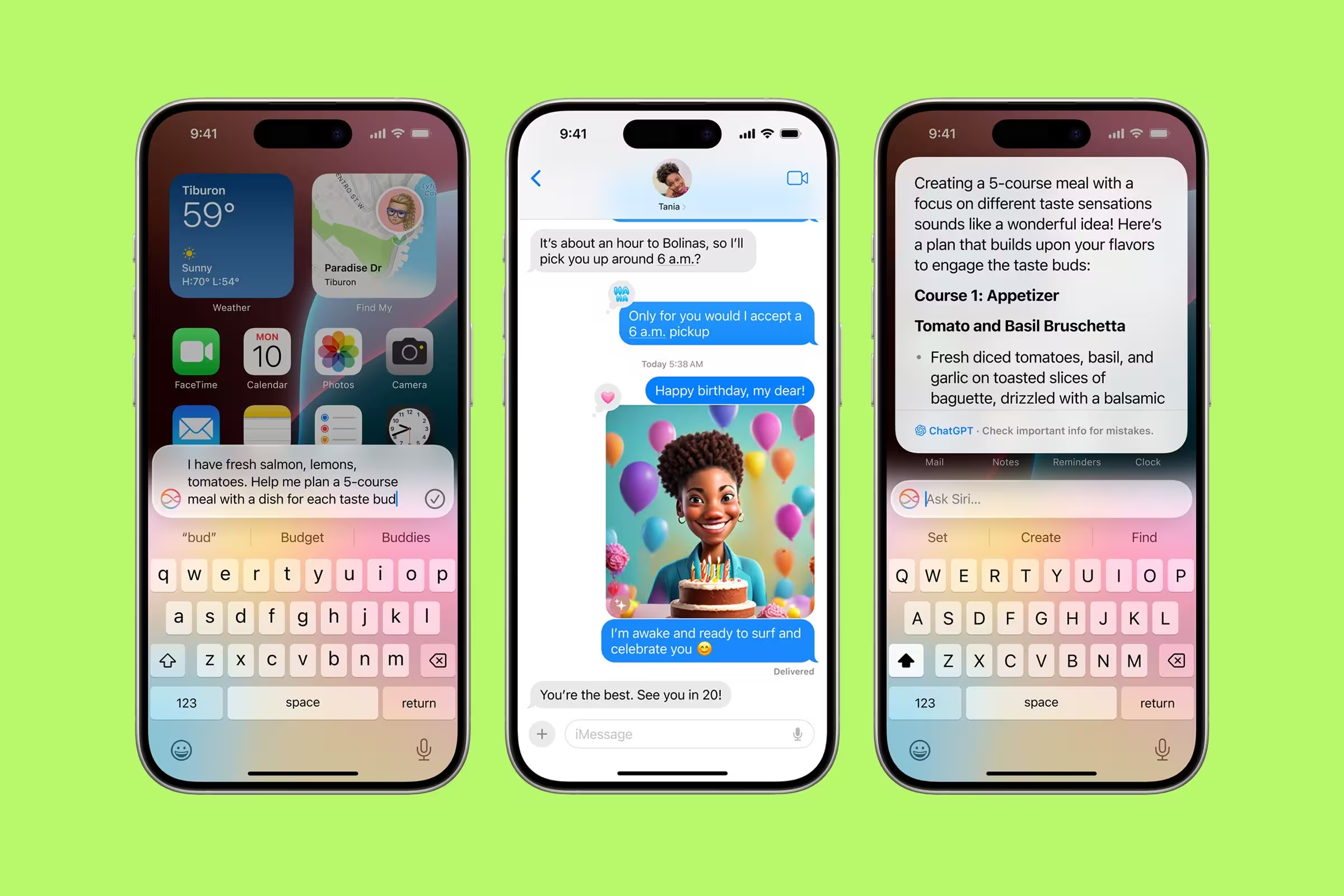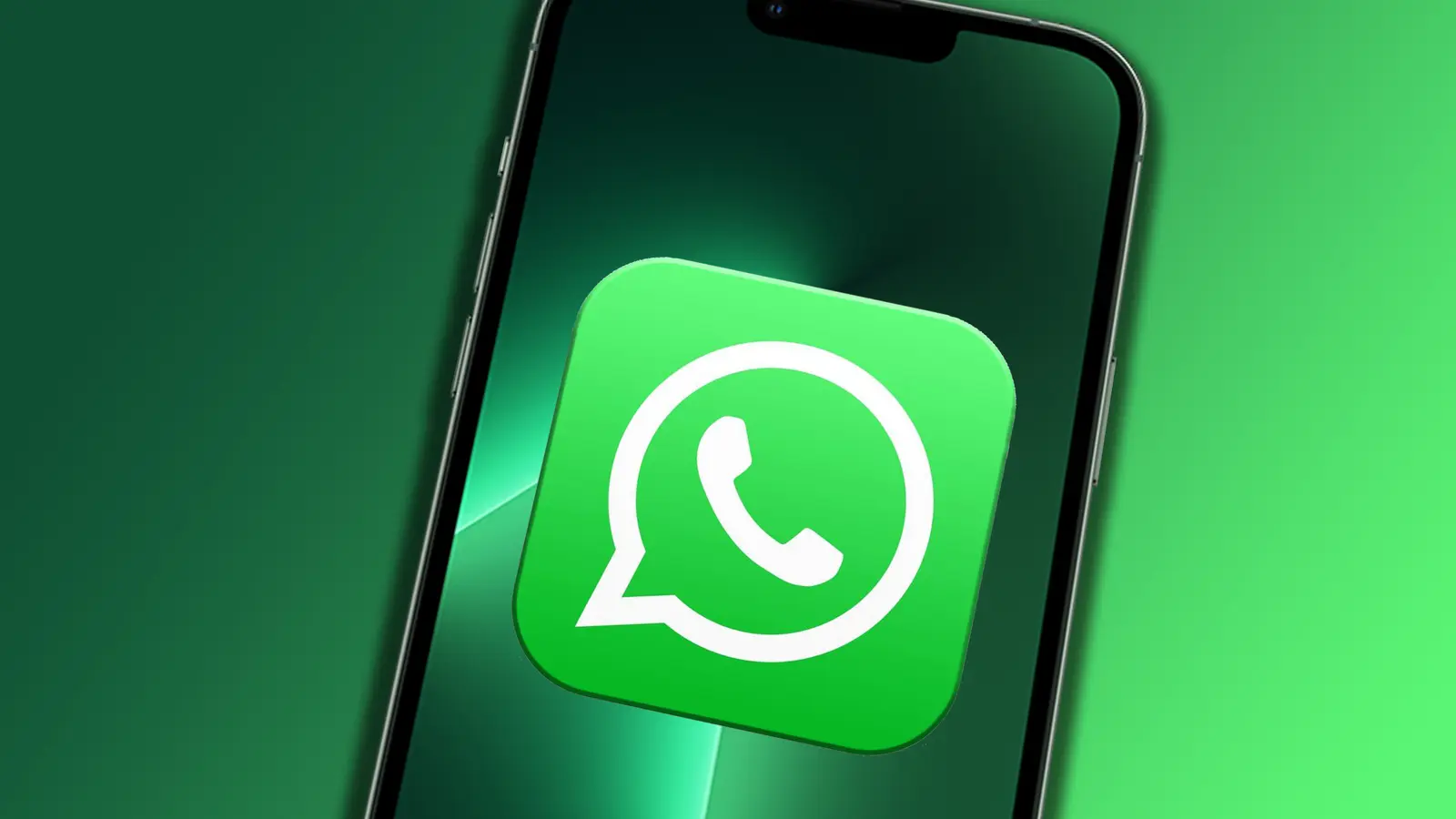5 Minutes
WhatsApp brings AI-powered writing tools to iOS
Generative AI is reshaping smartphone experiences, and WhatsApp has just added another practical feature for iPhone users: Writing Help. While Apple continues to refine Apple Intelligence, Meta’s messaging app is shipping a simple — but useful — set of AI writing tools that aim to improve message clarity, tone, and grammar directly inside the iOS app.
What is Writing Help?
Writing Help is an optional AI assistant built into the latest WhatsApp for iOS release that suggests alternative message replies and edits. The tool offers multiple tone presets so users can tailor replies to the context: from formal business messages to lighthearted jokes. Suggested rewrites appear alongside your original text, and you can accept, tweak, or ignore them.
Key features and tone presets
- Rephrase: Improves clarity and flow without changing the meaning.
- Professional: Converts casual language into a more formal, business-appropriate tone.
- Funny: Adds humor and light jokes to make messages more playful.
- Supportive: Softens phrasing and makes the message sound more empathetic or uplifting.
- Proofread: Fixes spelling, punctuation, and grammar while preserving the original wording and intent.
When you replace your original text with an AI-generated suggestion, recipients are not notified that an AI assisted in creating the message.
Privacy and how Meta processes your text
Meta says Writing Help is powered by its Private Processing technology, the same framework the company uses for other on-device and privacy-focused AI features across its apps. According to Meta, the system processes text without scanning or storing a user's full conversation history. Writing Help is disabled by default and must be turned on manually, so users opt in before any content is analyzed.

Availability and rollout
The feature is rolling out in English first for users in the United States and "several other countries," with plans to expand language support and geographic availability by the end of the year. Because Writing Help is optional and off by default, adoption depends on user choice and how comfortable people feel about AI-assisted messaging.
How Writing Help compares to Apple Intelligence and other mobile AI
Apple Intelligence on newer iPhones includes some composition and assistant tools, but industry comparisons suggest Apple’s writing tools are still catching up. Samsung’s Galaxy AI and Google’s Gemini (on Pixel devices) have demonstrated more robust conversational and creative capabilities in some scenarios. In that landscape, WhatsApp’s focused writing features are notable for addressing an everyday user need — better, faster message drafting — directly inside a dominant messaging app.
Why this matters
Messaging is one of the most frequently used smartphone features. Introducing lightweight, context-aware writing tools inside WhatsApp can increase productivity, reduce miscommunication, and make messaging more inclusive for non-native speakers. For professionals, the Professional and Proofread modes can speed up response times without switching to a separate app. For social users, the Funny and Supportive modes help craft tone-sensitive replies that might otherwise be hard to get right quickly.
Advantages and potential downsides
Advantages:
- Convenience: Edit or replace messages in-app without copying text to third-party services.
- Customizability: Multiple tones suit different audiences and situations.
- Privacy-first claims: Meta positions Private Processing as a safeguard against broad conversation scanning.
- Accessibility: Proofreading and rephrasing help users with language barriers or writing anxiety.
Potential downsides:
- Trust and transparency: Even with privacy claims, some users will remain skeptical about how text is processed and stored.
- Homogenization of voice: Relying on AI suggestions could make personal writing styles more uniform over time.
- Limited availability: Initial rollout is narrow; broader language and market support will determine real impact.
Use cases: who benefits most?
Everyday users who want quicker, clearer replies; professionals drafting concise work-related messages; people with limited literacy or non-native speakers who benefit from grammar and tone corrections; and anyone who wants to experiment with tone — turning a curt line into something supportive or humorous in seconds.
Market relevance and the mobile AI arms race
WhatsApp adding Writing Help demonstrates how major apps can inject specialized AI capabilities into core user journeys. Apple, Google, and Samsung are competing to provide end-to-end AI experiences on mobile, but apps like WhatsApp can differentiate by solving high-frequency, real-world problems. As generative AI becomes a feature battleground, messaging apps that combine utility with privacy assurances may win sustained user trust and engagement.
Bottom line
Writing Help won't replace professional writing tools or human creativity, but it fills a practical gap for quick messaging on iPhones. For users who value convenience and better grammar, the Proofread and Rephrase options are immediately useful. For privacy-conscious users, the optional nature of the feature and Meta’s Private Processing claims will need to be weighed against any lingering skepticism. Either way, WhatsApp’s move signals how mainstream mobile AI features have become — and how apps can outpace platform-level assistants by focusing on real, everyday tasks.
Source: phonearena


Leave a Comment